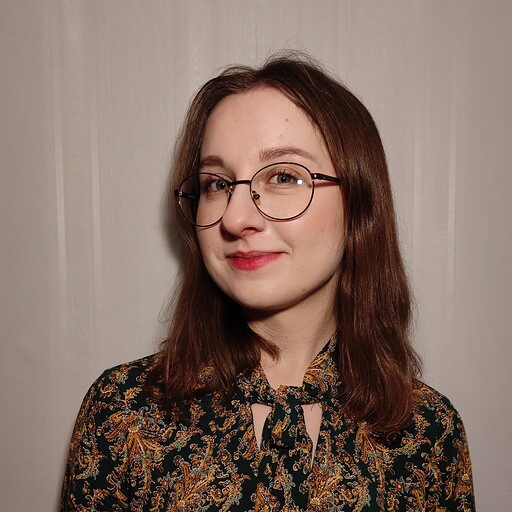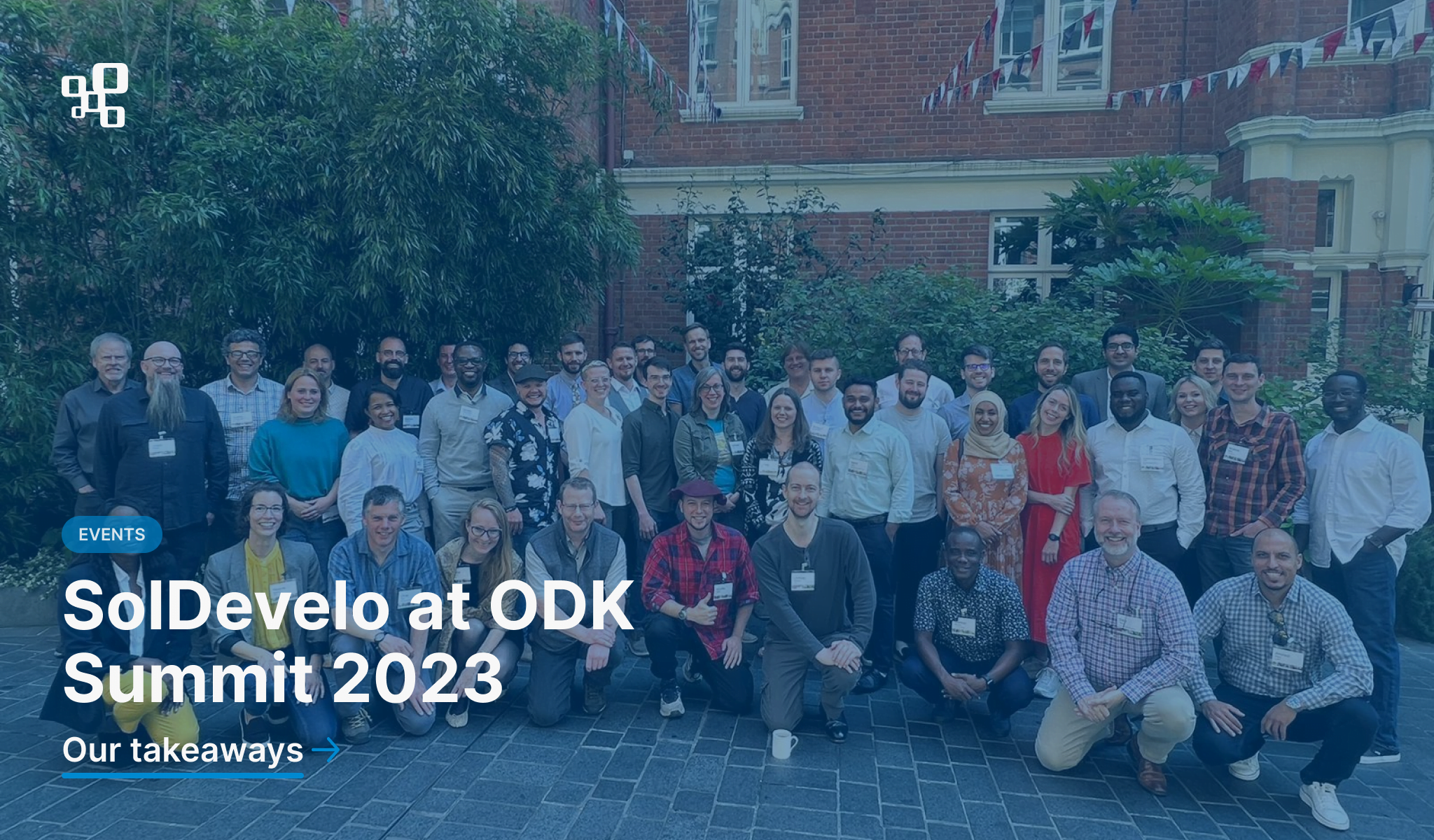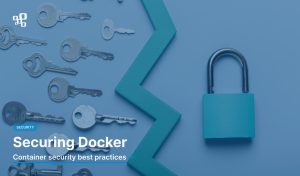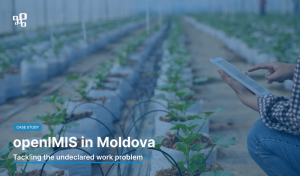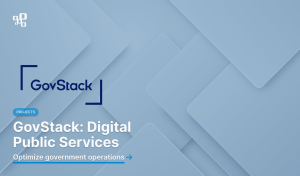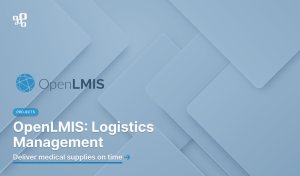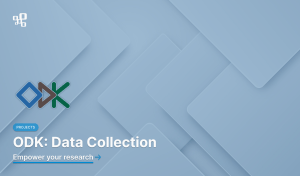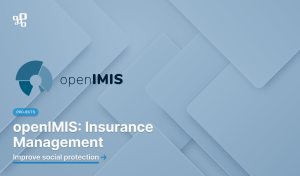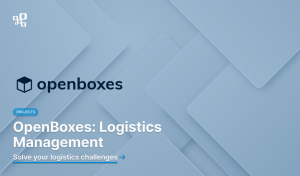ODK Summit is an annual event that gathers people engaged in ODK usage and development to share knowledge, experience, and ideas. As long-time ODK contributors, we certainly wouldn’t miss such an opportunity to gain more insight and connect with ODK creators as well as the users.
In this article you will find more about what ODK is, what is SolDevelo’s role in its development, what this year’s ODK Summit looked like as well as some of our thoughts on the event.
About ODK

Open Data Kit (ODK) is an open-source toolkit designed to facilitate data collection, aggregation, management, and utilization in environments with limited resources.
ODK consists of several tools, creating a versatile and comprehensive ecosystem of solutions. ODK Collect serves as the fundamental application within the ODK projects. Developed for Android users, this tool enables the seamless transition from traditional paper-based forms to electronic ones.
In a technologically-driven world, this innovative approach allows the users to effectively engage and gather insights from a diverse and extensive audience. Moreover, ODK Collect is designed to operate efficiently even in areas with limited internet connection, ensuring data collection remains uninterrupted.
ODK Use Cases
The project primarily finds extensive usage among governments and charitable organizations operating in developing countries. The suite of tools offered by ODK empowers social good initiatives to gather crucial data, even in the most demanding and challenging environments.
ODK empowers researchers, field teams, and monitoring and evaluation (M&E) professionals to conduct data collection in remote areas. Its widespread adoption spans the globe, with government agencies and impactful organizations, such as WHO, Red Cross, and World Food Programme, making extensive use of the toolkit. The versatility of ODK enables data gathering in various challenging environments, making it an invaluable resource for advancing research and social initiatives worldwide.
Due to its versatility, ODK can be applied to many different contexts. Here are some of the examples of how it is used in real life cases:
- Digitizing WHO’s Minimum Data Set Report Form, which is the interim report for confirmed and probable COVID-19 cases, to help detect and identify the virus symptoms and prevent the disease from spreading.
- Collecting verbal autopsies in areas where physical autopsies are not conducted to track global deaths and determine their causes.
- Collecting data related to disasters to support risk reduction and prepare for the future crisis situations. The initiative is governed by the Philippine Space Agency.
- Managing data during the European Migration Crisis in Greece in 2015.
- Digitizing nature surveys with ODK and Fusion Tables for Japan’s nature centers.
SolDevelo’s engagement in the ODK project
SolDevelo has been contributing to the project since 2016. We chose to engage in the initiative, since we’ve already had experience with a related project called TaroWorks. Working on ODK was an opportunity for us to deepen our understanding of this type of development work and gain more expertise in the topic.
At the beginning, our ODK team consisted of only one developer, quickly joined by a tester. After a while, another tester was added to the team. That is how the group of one developer and two QAs was established, and is working on ODK up to this day.
Our development work is focused on the mobile application (ODK Collect). When it comes to testing, we’re engaged in both ODK Collect and web application (ODK Central). Being a versatile ecosystem of solutions, ODK sometimes requires assistance with other components that we are also ready to provide.
More information about SolDevelo’s input in ODK available on our project page.
ODK Summit
ODK Summit is an event dedicated to ODK users and contributors. The aim is to create a space where we could meet, talk, and exchange our goals and challenges. Having the opportunity to connect, the community can become more involved in the shaping of the project, and influence the direction of its development.
The event took place in London, where we all gathered for three days of conferences and one day dedicated to the meeting of the Core Team.
During the first day we participated in various workshops focused on sharing the experiences between each other. One of them involved mapping workflows to exchange different points of view on how ODK can be used. We also explored the topics such as entities – a new concept designed to support multi-step workflows, the state of geo and roadmap co-creation, or improving the web form experience. It was an intense day full of valuable, enriching experiences.
The second day was focused more on the users’ presentations. Speakers introduced their background and the environment in which they are working, and explained how ODK applications help them fulfill their tasks. We could gain the perspective of professionals from various sectors, operating in different parts of the world, such as Argentina, Madagascar, Switzerland, Australia, and more.
On the third day of the conference, the participants could vote on the topics that, in their opinion, deserved more attention or were not discussed at all, even though they should have been explored. There were also two presentations, and everyone could choose which of those they wanted to listen to.
The fourth and the last day was reserved for the Core Team. We had a few hours long retrospective meeting. Additionally, there was a space for more relaxed discussions, dealing with all things related to the project. In particular, we focused on what elements of ODK are working fine, and which parts of it still require some fixing, as well as what is the overall direction in which we want to head in the future.
Our Takeaways
The ODK Summit 2023 was a valuable experience, rich in new concepts and ideas that can significantly improve the application and make it useful to even more organizations.
From our perspective, the most important aspect of the event was getting a chance to see the real life use cases of ODK. Knowing in what situations it is used, what are the most crucial functionalities, who exactly the users are, what needs do these users have, etc. can significantly change the way we look at the system, design its components and test its quality. Gaining these insights allowed us to better understand the nature of the project and its true purpose.
We’re happy to be a part of such a meaningful initiative, and cannot wait to witness even further growth of ODK in the future.
